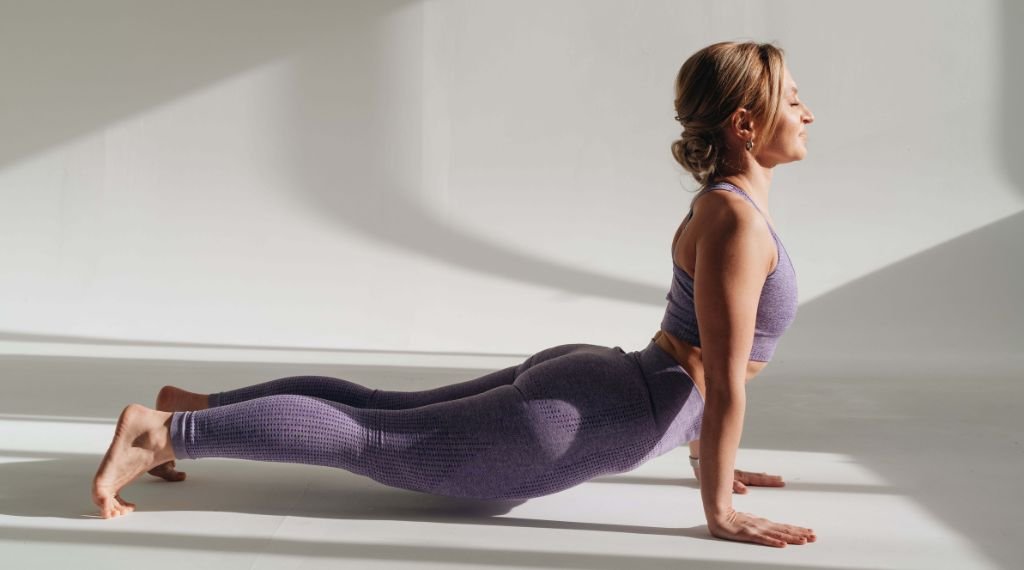You Don’t Have to Hurt to Heal
Have you ever woken up sore, achy, or just uncomfortable in your body even though you’re not sick and have no fever? You’re not alone. Many people feel lingering discomfort for no obvious reason.
The good news? There are natural ways to ease body discomfort without medication, and they’re easier than you think.
Let’s explore 7 simple, effective techniques to reduce discomfort and support your body naturally.
7 Natural Ways to Ease Body Discomfort Without Medication
1. Stretch Every Morning
Gentle stretching when you wake up gets your blood flowing and helps loosen stiff muscles. It also improves posture and helps your body feel more balanced throughout the day. Stretching is especially helpful if you sleep in the same position for hours. Try focusing on your neck, shoulders, back, and legs. A 5-minute morning routine can help you feel more awake and less achy.
2. Take Warm Showers or Baths
Warm water relaxes tense muscles and promotes circulation. A short soak or steamy shower at night can help your body let go of the stress it’s been holding onto. You can also add Epsom salts or calming essential oils like lavender or eucalyptus for an even more soothing experience. This simple step can ease tension built up from work, workouts, or a long day on your feet.
3. Hydrate Throughout the Day
Even mild dehydration can lead to stiffness or soreness. Aim to drink water consistently and consider adding a pinch of sea salt or lemon for a natural electrolyte boost. Staying hydrated helps your body flush toxins, support joint lubrication, and maintain energy levels. Herbal teas and fruits with high water content, like cucumber or watermelon, are great additions too.
4. Add Gentle Movement
Daily movement keeps your muscles and joints from stiffening up. Walking, yoga, or light stretching helps your body stay loose and responsive. Movement doesn’t have to mean intense exercise; even standing up and walking for a few minutes every hour can help. Gentle movement improves circulation and signals your body to stay active and mobile.
5. Use a Natural Topical Oil or Salve
Massaging a herbal-based balm into tired muscles is a relaxing way to unwind. Many people find that using a soothing topical oil at night helps them feel more at ease. Choose products with ingredients like arnica, essential oils, or plant-based extracts. Massage helps improve circulation and the act of self-care promotes relaxation and mindfulness, which your body needs to reset.
6. Create a Simple Daily Routine
Discomfort often builds up from inconsistent habits. A structured daily rhythm with light activity, stretching, and relaxation breaks helps keep your body in balance. Set reminders to drink water, take breaks from your screen, and include moments to reset throughout the day. A consistent bedtime and wake-up time also helps your body recharge effectively.
7. Practice Evening Relaxation
Before bed, slow your mind and body with breathing exercises, calming music, or a light self-massage. This signals to your body that it’s time to recover and rest. You can also dim lights, avoid screens, and create a calming nighttime ritual. Reducing tension at night can make a big difference in how your body feels the next day.
Common Everyday Triggers for Discomfort
Many people experience soreness or tension simply due to how they live. Sitting too long, poor posture, skipping meals, or overtraining can all contribute to physical discomfort. It helps to identify what might be triggering your aches so you can adjust your habits before discomfort becomes chronic.
Examples of common triggers include:
- Poor sleep posture or low-quality mattresses
- Stress and anxiety buildup
- Dehydration or poor nutrition
- Working at a desk without movement breaks
- Wearing unsupportive footwear
Once you spot the pattern, small changes can bring noticeable results.
Bonus Tip: Build a Natural Comfort Ritual
Try setting aside 5 to 10 minutes each evening for self-care. A warm shower followed by a gentle massage with a natural herbal salve can help you release tension and reset your body for the next day. This small habit helps reinforce your commitment to your wellness, both physically and mentally.
When to Talk to a Health Professional
If your discomfort lasts more than a few days or you notice other symptoms like swelling, numbness, or weakness, it’s always best to check with a doctor. This article is for general wellness only and does not diagnose or treat any condition.
Support Your Body Naturally
Your body works hard every day, and sometimes it speaks to you through aches and tension. The good news is, you don’t have to live with it.
Start by adding just one or two of these natural techniques to your daily routine and see how your body responds. A little consistency can go a long way in helping you feel better, naturally.



